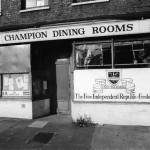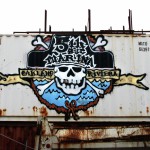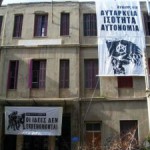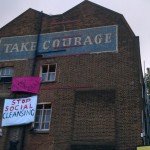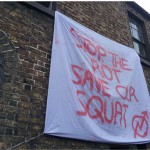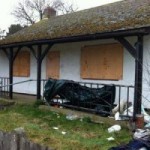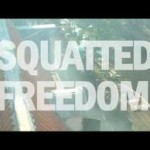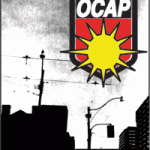From Vice Magazine by Harry Sword
In 1977, squatters on Freston Road, Notting Hill, in London, declared independence from the British state. Facing eviction by the Greater London Council (GLC), the community figured the best way to evade the constraints imposed on them was to just free themselves of those constraints altogether. So they lobbied the UN and established a 1.8-acre microstate-“The Free and Independent Republic of Frestonia”-complete with its own postage stamps, visas, and passports. [Read More]
